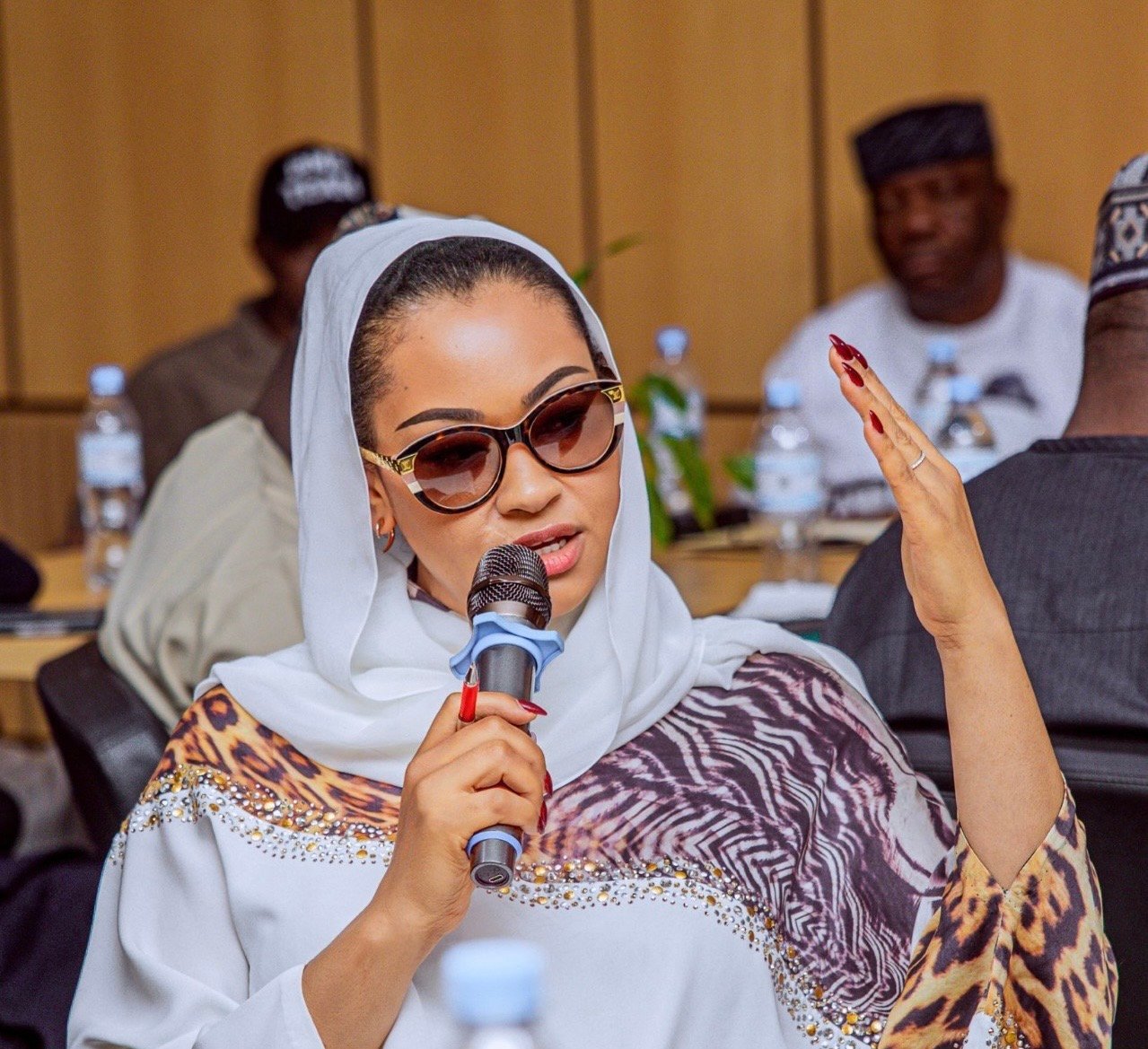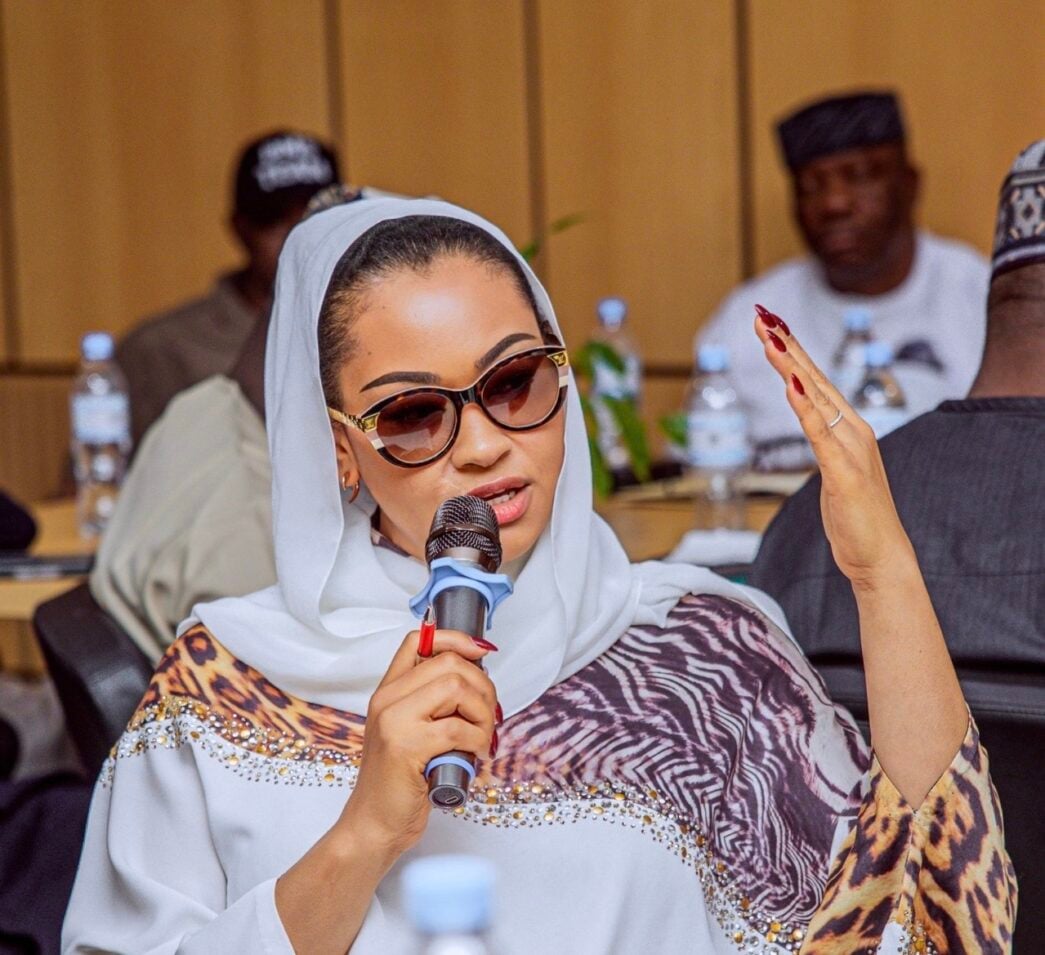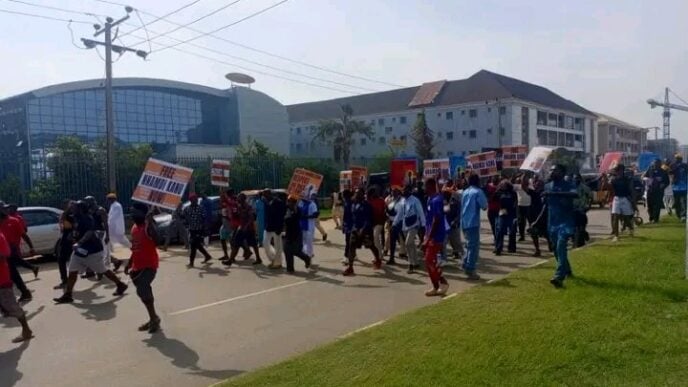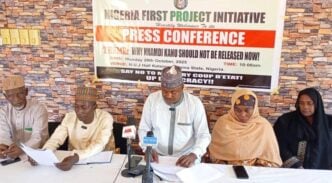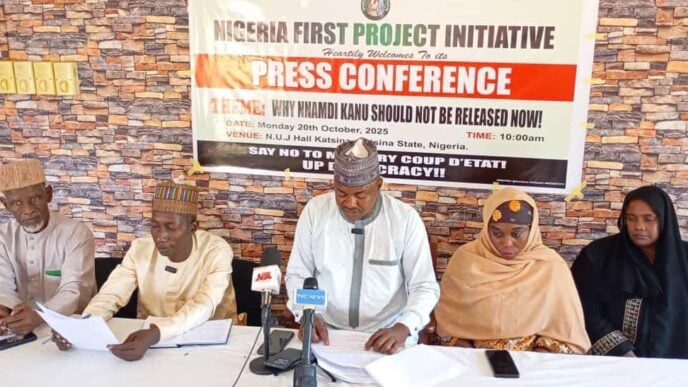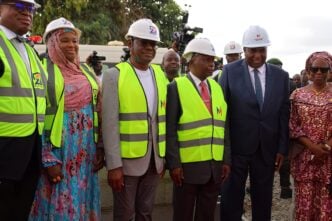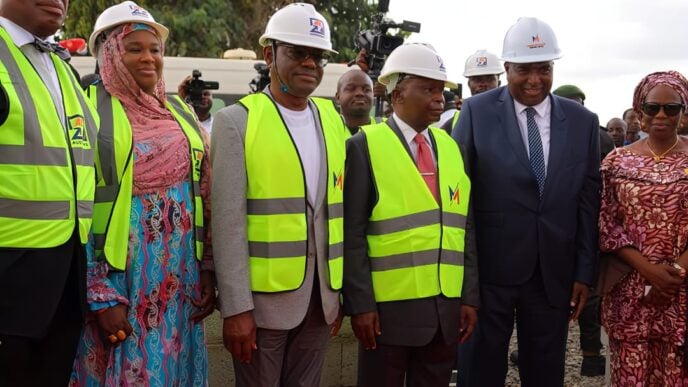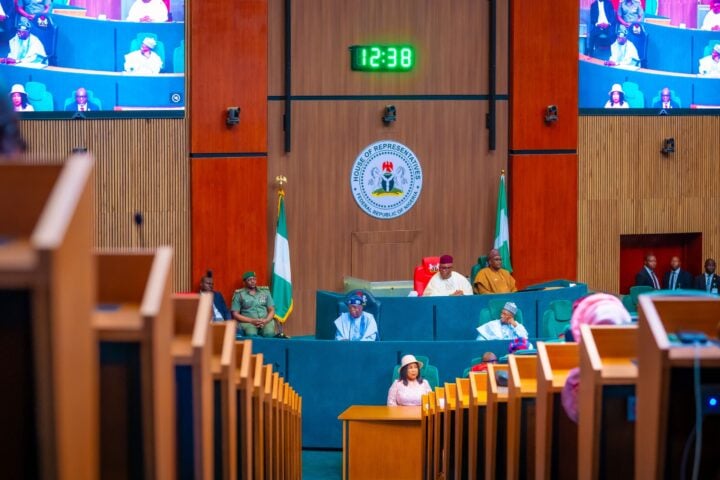Natasha Akpoti-Uduaghan
Natasha Akpoti-Uduaghan, senator representing Kogi central, has asked the ministry of solid minerals development to make public all memoranda of understanding (MoUs) and agreements entered into with foreign partners.
Speaking at the ministry’s legislative retreat attended by Dele Alake, minister of solid minerals development, Akpoti-Uduaghan said transparency is crucial to building accountability in the sector.
The senator is a member of the senate committee on solid minerals development chaired by Ekong Sampson, who represents Akwa Ibom south.
She urged the ministry to disclose details of all MoUs, citing the Freedom of Information Act as a tool to promote openness and public trust.
Advertisement
“We would like them to be made available to Nigerians; all the various MoUs you have entered. We would like them to be made available to Nigerians, for us in the national assembly, and to Nigerians,” she said.
“We would appreciate if you deploy the Freedom of Information Act, because we are in the age whereby we’ve heard people call for transparency.
“It’s from when you begin to disclose your various engagements and contracts that we can begin to say yes, our government is transparent.
Advertisement
“And it’s from transparency — such transparent acts — that we can begin to hold ourselves accountable, or should we say, Nigerians can begin to hold our government accountable.”
The senator said the lack of transparency in the sector has hindered accountability and public confidence.
“We cannot begin to demand accountability if transparency is not in place, or if the various MoUs are not made public on your website,” she said.
“We are in the digital age, and it won’t take much to publish all of this information on your websites.”
Advertisement
Akpoti-Uduaghan linked her advocacy to the economic realities in her constituency, which is rich in natural resources but plagued by poverty.
“For myself, I’m interested because Kogi state, Kogi central, we have over 52 solid minerals in commercial quantity. And we are people impoverished in the land of plenty,” she said.
“Each time I have an interaction with my communities, I am constantly asked: when, how are we going to begin to benefit from the abundant minerals?”
She shared her recent discovery about Nigeria’s gemstone deposits, expressing surprise at the level of unmonitored exploitation.
Advertisement
“For the first time, I got to know that my community is going to benefit from the abundant minerals,” she said.
“Nigeria has ruby, emerald, tourmaline, and another minerals we mentioned. I took so much away, which was my first time knowing about that mineral.
Advertisement
“Now, we have in Nigeria — Cross River state in particular — we have ruby, emerald, and these minerals have been extracted and exploited. And I do not think Nigeria derives revenue from that.”
The senator cautioned the ministry to avoid the pitfalls that have characterised the oil and gas industry.
Advertisement
“So it’s very important that in the solid mineral sector, we must be careful,” she said.
“May I take this moment to applaud the efforts of the honourable minister — his initiative is driving speed. But we must be careful in applying brakes so that we meticulously cross the T’s and dot the I’s, and we do not fall into the pitfalls that we have suffered in the oil sector.”
Advertisement
Akpoti-Uduaghan also raised questions about the management of the Natural Resources Fund, which receives 1.68 percent of the Consolidated Revenue Fund.
“Lastly, I got to know that from the flow of revenues, 1.68% of the special funds from the Consolidated Revenue Fund of the Federation goes into an account linked to the National Resources Fund,” she said.
“I would like to have one of you sit in there to explain how much — or to let us know how much — we have generated over time into the National Resources Fund.
“Because I repeat again, 1.68% goes in every time from the special funds, which itself generates its own supply from the Federation Account. How much do we have? How much have we generated in the past three years, and how much do we have in there now?”
